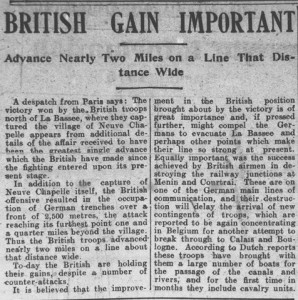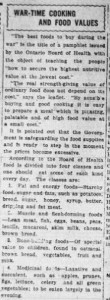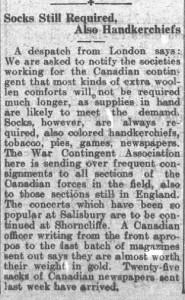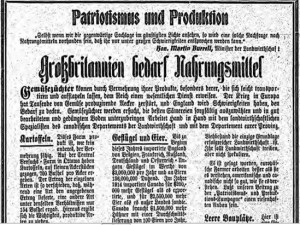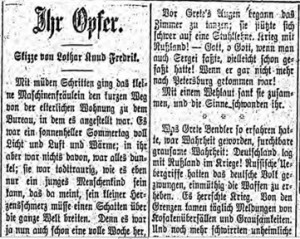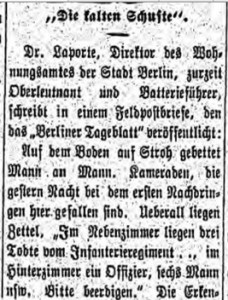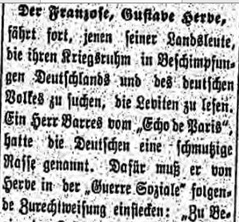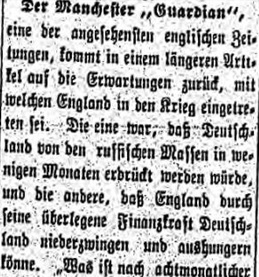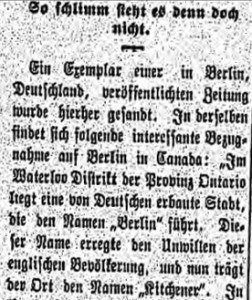During the second week of March, the Canadian Press Service reported that British forces near Arras in northern France made “the most considerable advance in France reported in many months.” The British took great pride in the victory. It was believed to be strategically significant in shaking the strength of the German position and setting the Allies up for a large spring offensive. According to reports, the Germans lost 10 000 men and two miles of ground along a line two miles wide. Also, the Germans, with heavy reinforcements, tried to retake the loss, but were successfully repelled by the British.
This was one of several encouraging military advancements for the Entente during the late winter and early spring of 1915. These advancements contributed to the collective belief that the Central Powers were on their last legs and that the war would be over within a few months.
(“British Score Important Victory,” Berlin Daily Telegraph, 11 March 1915.; “Allies Making Elaborate Preparations for Active General Advance in Spring,” Berlin Daily Telegraph, 12 March 1915.; “Victory Complete,” Berlin Daily Telegraph, 15 March 1915.; “British Gain Important,” Elmira Signet, 18 March 1915.)